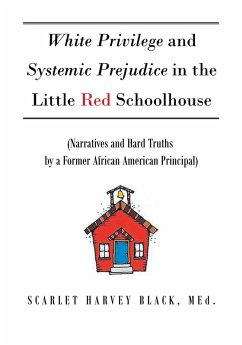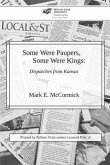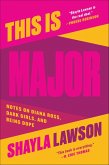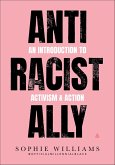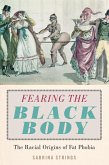The COVID-19 pandemic exposed many cracks, fissures, and fractures in the fabric of America's foundations, American life, and the very pillars of our democracy. As the oldest and most enduring democracy in the world, the pandemic that took the lives of six hundred thousand-plus souls in the U.S. alone, followed by racial disparities, a tumultuous presidential election, and the aftermath that led to the most restrictive and fierce state laws to suppress the votes of the country's minority populations and conceal their history and racial experiences.
In fact, before these events, prepandemic schooling in the United States was always tenuous for many minorities and the poor in the educational process. Education in America was designed for the privileged, the wealthy, and the white male. When it became available to other economic levels, women, racial, and ethnic groups, minorities were already behind, and it seems that the more these groups have strived to gain access economically, educationally, politically, and socially, they are still striving for equal access to the American dream and the opportunity of "life, liberty, and the pursuit of happiness." Education is the key to attaining this access and generational success. Through the lens of her life and a forty-two-year career as a public school educator, first-time author Scarlet Harvey Black looks backward and forward to how we got here and adds her thoughts to the discourse on how we move on. She addresses "white privilege" and systemic prejudice that characterizes the barriers and obstacles faced by minority and poor students in America's schools and the impact that decades of these sustained barriers have on the trajectory of a student's life or potential. With the anecdotal narratives she lived and the hard truths she learned along the way, Scarlet Harvey Black is candid and heartfelt in the writing of her accounts. She challenges us to have tough and honest conversations on where we go from here to ensure that every child in this country has access to a quality learning environment and a quality teacher to deliver the instruction needed for them to achieve their highest aspirations in the country they call home!
Hinweis: Dieser Artikel kann nur an eine deutsche Lieferadresse ausgeliefert werden.
In fact, before these events, prepandemic schooling in the United States was always tenuous for many minorities and the poor in the educational process. Education in America was designed for the privileged, the wealthy, and the white male. When it became available to other economic levels, women, racial, and ethnic groups, minorities were already behind, and it seems that the more these groups have strived to gain access economically, educationally, politically, and socially, they are still striving for equal access to the American dream and the opportunity of "life, liberty, and the pursuit of happiness." Education is the key to attaining this access and generational success. Through the lens of her life and a forty-two-year career as a public school educator, first-time author Scarlet Harvey Black looks backward and forward to how we got here and adds her thoughts to the discourse on how we move on. She addresses "white privilege" and systemic prejudice that characterizes the barriers and obstacles faced by minority and poor students in America's schools and the impact that decades of these sustained barriers have on the trajectory of a student's life or potential. With the anecdotal narratives she lived and the hard truths she learned along the way, Scarlet Harvey Black is candid and heartfelt in the writing of her accounts. She challenges us to have tough and honest conversations on where we go from here to ensure that every child in this country has access to a quality learning environment and a quality teacher to deliver the instruction needed for them to achieve their highest aspirations in the country they call home!
Dieser Download kann aus rechtlichen Gründen nur mit Rechnungsadresse in A, D ausgeliefert werden.
Hinweis: Dieser Artikel kann nur an eine deutsche Lieferadresse ausgeliefert werden.

